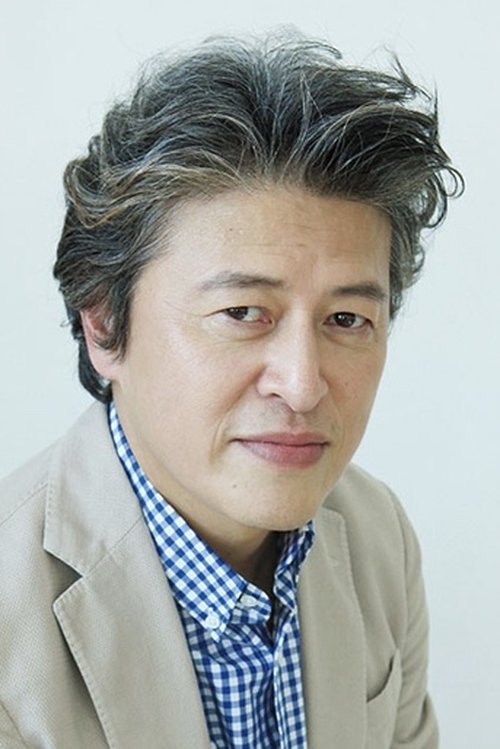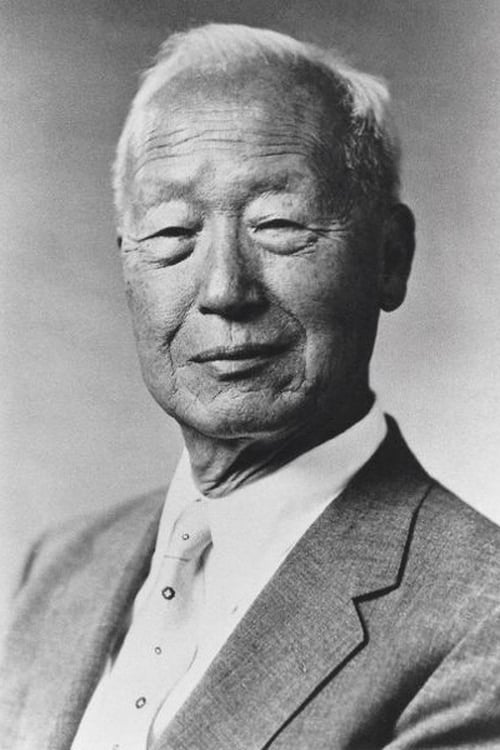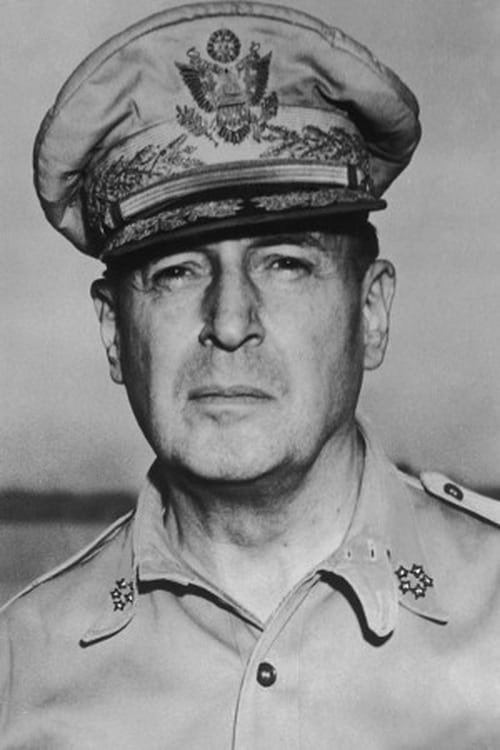
Hundred Years' War in Korea
2012
00.0(0 votes)
Documentary
Overview
Links & Resources
Social & External
Cast & Crew
3 members
Acting
권해효
Narrator

Acting
이승만
Himself (archive footage)

Acting
Douglas MacArthur
Himself (archive footage)


Social & External
Narrator

Himself (archive footage)

Himself (archive footage)
